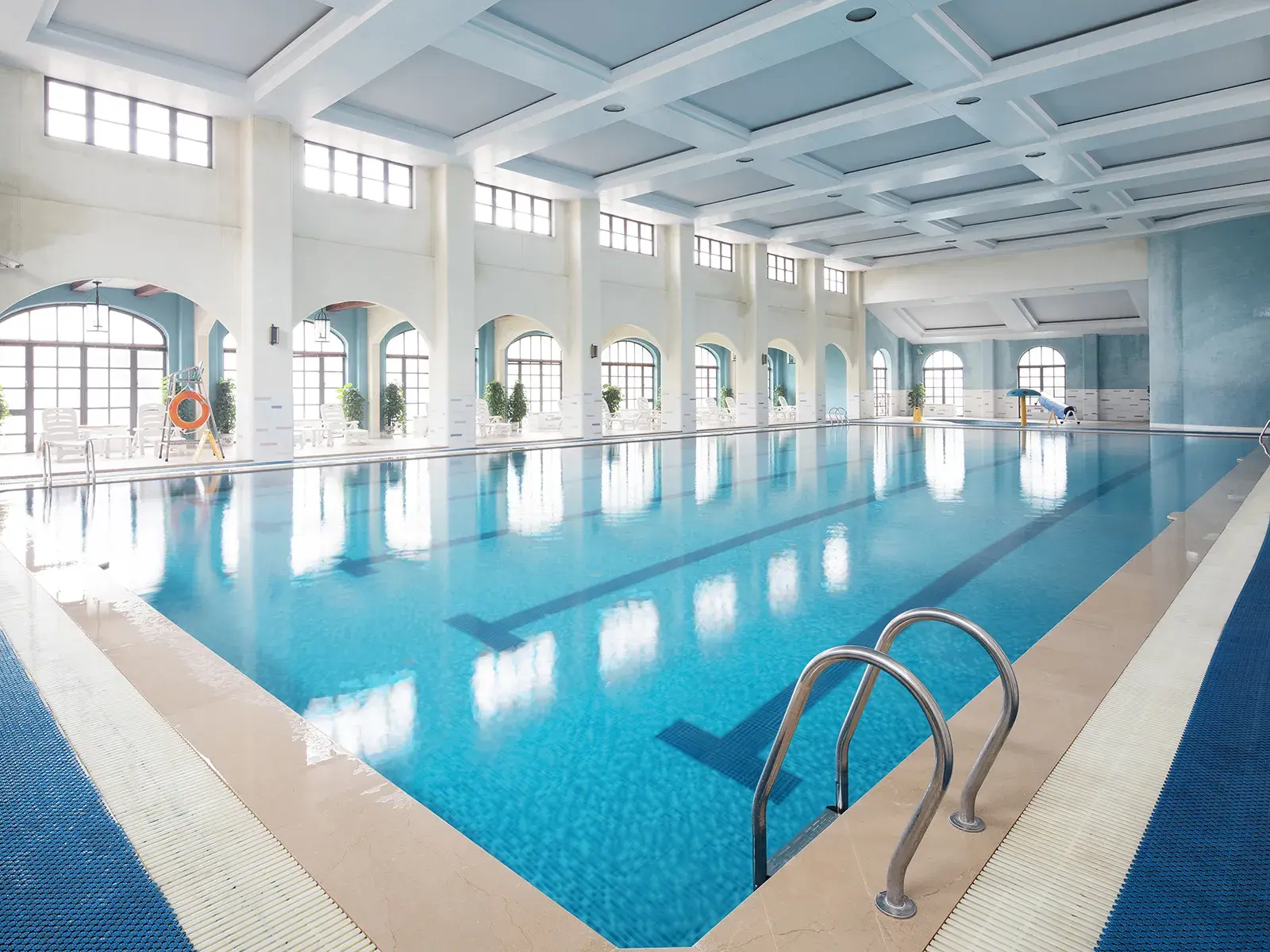Clean and Safe Water for Your Community
Efficiently manage your water supply with the freshest products, predictable delivery and a sustainable supply chain partner.
Speak With an ExpertReliable Product Delivery, Every Time
Ensure uninterrupted supplies with our safety certified two-man crews, advance shipping notice, and real-time delivery tracking.
There’s nothing more important than ensuring our communities continuously have access to safe, clean and clear drinking water. Since 1964, HASA is proud to have been trusted to help deliver more than 20 billion gallons of clean water each year. Our fully owned plant-to-truck supply model means we have complete control over our water treatment product ecosystem, and you have our promise to consistently receive the freshest liquid sanitizer available on time.

NSF Certified From Start to Finish
HASA’s Multi-Chlor® sodium hypochlorite is a high concentration liquid sanitizer that is certified to NSF 60 drinking water standards. It is made from naturally derived products and manufactured using a combination of water, salt and electricity. After it cleans and disinfects the water supply, sodium hypochlorite returns to salt.
Your Water Treatment Goals Are Our Priority
With HASA, you receive 1:1 support for meeting your water sanitization standards on time and within budget.
We’re dedicated to being the go-to source for the premier water treatment and sanitization products available — but, more importantly, we’re proudly committed to being an accountable partner and resource to the municipalities that rely on our solutions.

More Than Just Suppliers
With over 60 years of providing safe and clean water to cities across the United States, we’re dedicated to sharing our expertise with you.
Speed and Value
Access the highest concentration products for maximum effectiveness and efficiency with lead times as low as 24-48 hours.
On-Site Support
Ensure site safety and receive in-person sales and technical support from our experts.
Education and Resources
Stay up to date on the latest water treatment technologies and sustainable practices.
Safety Certifications
Grow your professional career in water treatment training and continued certification opportunities.
Municipal Water Resource Library
Find professional insights and industry knowledge for managing and maintaining public water supplies.
Clean Up After a Wildfire

HASA's San Francisco Municipal Case Study

Understanding Chlorine Demand

Buy HASA Products Near You

Recreational Water Treatments

Individualized Assistance

"To this day, over the 3 + plus year long relationship we have enjoyed and are grateful for with Hasa, our water systems enjoy a high level of compliance and potability due in large part to the proactive and professional service we have received from Christopher Cornish and Hasa. They are always willing to help, even with larger projects and deliveries that are not currently under contact with them."







